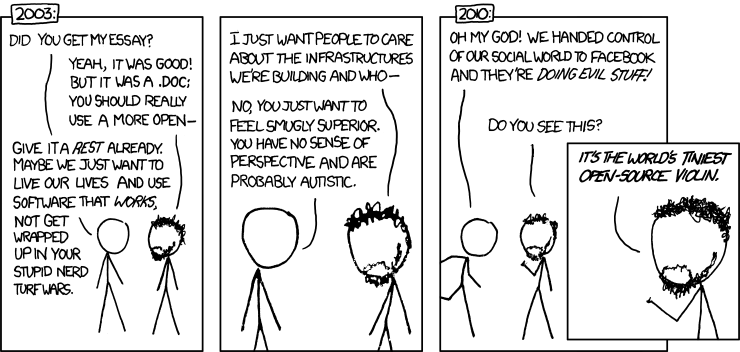Continue reading...Matt Day wrote:With about a month left for many PC users to upgrade to Windows 10 at no charge, Microsoft is being criticized for its aggressive — some say too aggressive — campaign to get people to install the new operating system.
A few days after Microsoft released Windows 10 to the public last year, Teri Goldstein’s computer started trying to download and install the new operating system.
The update, which she says she didn’t authorize, failed. Instead, the computer she uses to run her Sausalito, Calif., travel-agency business slowed to a crawl. It would crash, she says, and be unusable for days at a time.
“I had never heard of Windows 10,” Goldstein said. “Nobody ever asked me if I wanted to update.”
How to get, or avoid, Windows 10
Microsoft is offering Windows 10 as a free update to nonbusiness users of Windows 7 and Windows 8 or 8.1 until July 29. After that, the software will cost $119.
To get it
Go to http://www.microsoft.com/windows/windows-10-upgrade and follow the prompts.
To avoid it
A Microsoft support article on the update process, at http://www.support.microsoft.com/en-us/kb/3095675 includes instructions on how to decline the updates and turn off Windows 10-related notifications.
Separately, a free application called Never10 is designed to run in the background and block attempts to prompt you to update to Windows 10. The program is available for download at http://www.grc.com/never10
When outreach to Microsoft’s customer support didn’t fix the issue, Goldstein took the software giant to court, seeking compensation for lost wages and the cost of a new computer.
She won. Last month, Microsoft dropped an appeal and Goldstein collected a $10,000 judgment from the company.
The company denies wrongdoing, and a spokeswoman said Microsoft halted its appeal to avoid the expense of further litigation.
What kind of customer service is this that you would automatically update an OS without requiring affirmative acts by the customer. Have these people ever heard of the concept of affirmative consent.
Look, I understand that people prefer auto-updates for antivirus and other security software. New viruses keep popping up all the time, and most people do not want to risk being infected with a new virus in between the time it comes out and they ask for an update. The installation of antivirus software usually asks if the user wants automatic updates, and most users choose automatic updates due to not wanting to manually keep track of the latest viruses. (Or is it viri?)
But a new operating system, the basic system in which to run a computer, is a whole different issue than automated updates for a web browser, Usenet newsgroup reader, or antivirus program. It has far reaching effects, so it is a bad idea to have an auto update for it.
